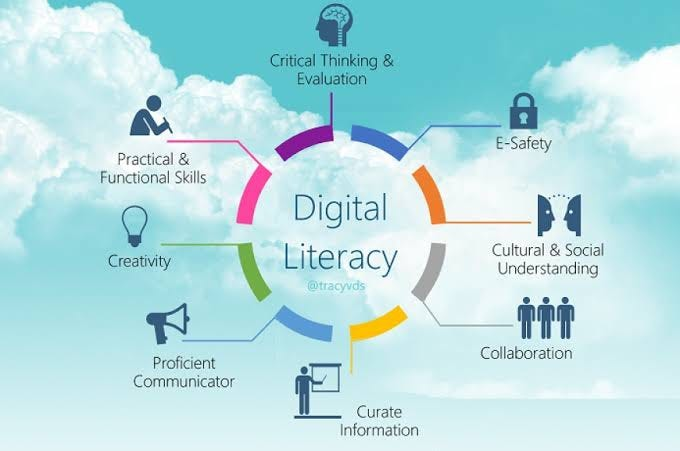Perceiving Modern Democracies vis-a-vis Cyberspace
- Kashish Chadha

- May 8, 2021
- 3 min read
The evolution of democracies through cyberspaces has invoked a typical question of what democracy is now and the questions on real and imagined reality. To understand these questions better, the case study of Minnesota E-Democracy has also been highlighted.
The usual mindset of people regarding democracy is that it is a decision-making process that governs a country and its way of functioning. This definition perhaps can be understood as a narrow notion of what all democracy entails. In the age of digitalization, it is beyond that. Even Aristotle once said "Man by nature is a social animal" and democracies through the processes of digitization provide a sense of socialization and the ability to express what one feels.
Can the Internet be Perceived as Virtual?
In the context of online and offline interactions, the internet is often looked at as 'virtual' which when carefully attended to is quite ambiguous. While using the term 'virtual', we imply that things are in an imaginary reality, as if we're directly about the physical surroundings. This 'as if' aspect is what makes the term ambiguous.
In the era we're currently living in, the virtual should be considered, not fully but partially as a part of our reality. We think of purchasing something and it instantly pops on our devices is not a mere coincidence but what it's like to live in the digitalized era.
Modern democracies through this sense of 'virtual' or 'imagined' reality have gained momentum since their inception. For instance, taking the recent example of the "Black Lives Matter" movement, the impact was not only felt in a particular region but throughout the world. This worldwide impact that highlighted the issue of racial discrimination in America generated two sides of the coin- those who supported the movement and those against it. The impact was created in such a way that a voting mindset was instilled and people of their countries started questioning their leaders for the silence.
This impact is usually the result of a 'social voice' that cyberspaces give democracies. These voices are allowed to set an identity, a motive, and a vision to reach through the world by the medium of the internet.
Minnesota’s E-Democracy: An Overview
In the beginning, it was mentioned how modern democracies have altogether different courses of functioning and democracy is not simply a mechanism by which citizens elect their representatives. Minnesota's version of 'E-Democracy' is a classic example of the internet backing up democracies and giving citizens a space for public deliberation.
Since its inception in 1994, it has attempted to create a space as an "online public commons" where the members registered have full rights over discussions on highly contentious issues and freely express their opinions on the same. For discussions, there is a list known as Mn-Politics Discuss which now has 400 subscribers.
The most essential feature of this electronic platform is its emphasis on strictly focusing on 'real problems with the geographical boundaries of the state. The platform aims to blend national as well as local politics and provide a medium through which these local issues are also heard and deliberated upon.
Several topics of discussion include immigration, gay rights, abortion, and environmental concerns, and critique mechanisms are included. Participants can critique their fellow mates and posts on the MPD site are out up too which are far well organized and sought in comparison to various other anarchic systems.
Conclusion
While cyberspaces have proved to be efficient for democracies to function smoothly, a contentious issue that is much discussed is that of privacy. The privacy issue has generally been related to as a threat to democracy as governments worldwide are perceived to have surveillance mechanisms. In our country only, we've seen instances of WhatsApp chats, financial statements, and political agendas getting leaked to bury the opposition. This negative consequence of the internet makes one think about what kind of cyber policy laws should a country have to maintain democracy a genuine free space for all.
To read more on privacy and cyberspace, click here.








Comments